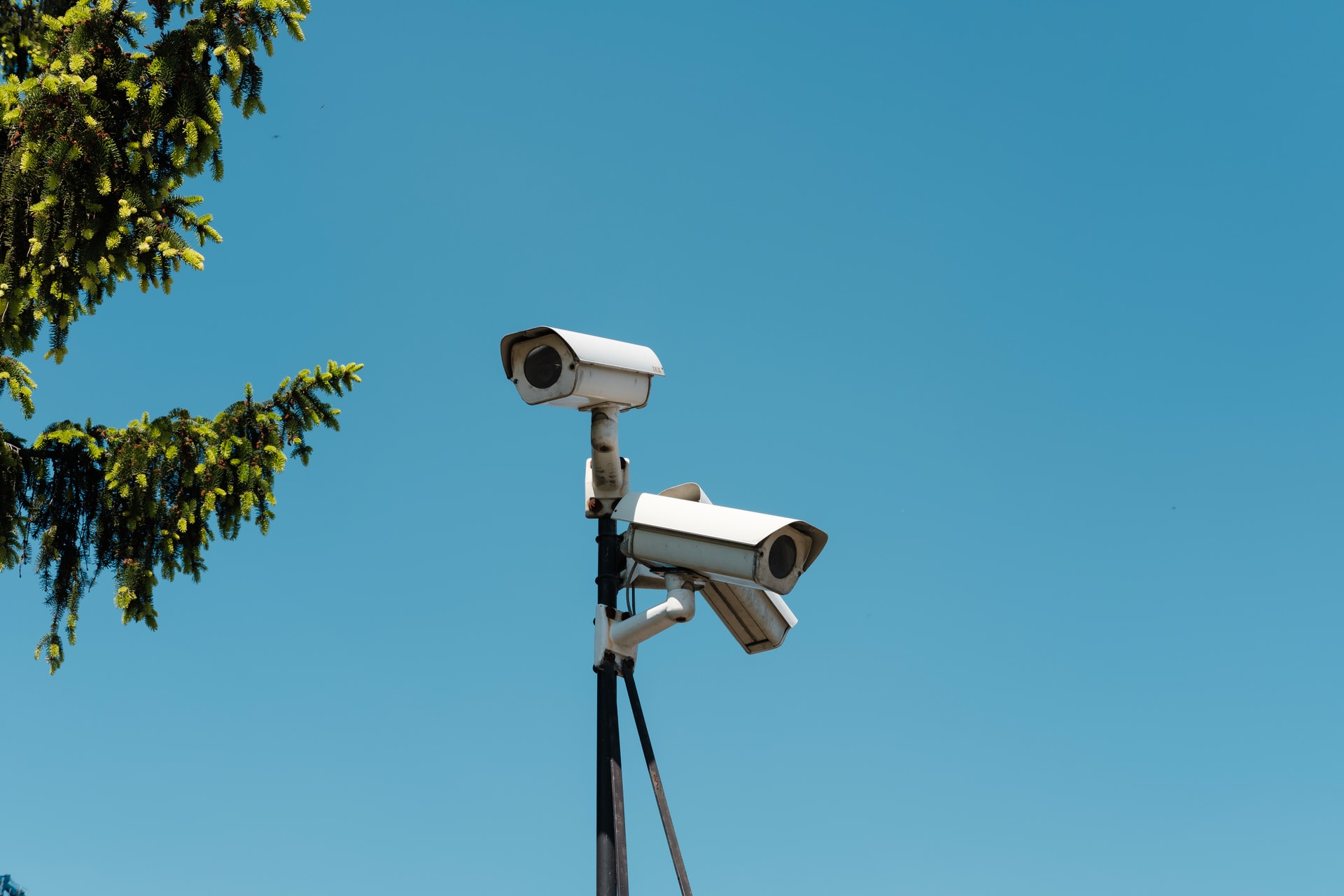Nigeria’s bewildering security and economic problems seems to be going only one way, that is up. At every turn of the news page, kidnappings, banditry, and so many other atrocities seem to have become normalized in this country with over 200 million souls. Whatever the government is currently doing seems to be not working or yielding any positive result, and something needs to be done, urgently, before we wake up without a country to call ours.
I believe technology can help Nigeria solve most of its security and economic problems within a very short period. No matter how big a misfortune is, it can become a blessing, Nigeria’s enormous number of youths can be a blessing if harnessed well and quickly. The good people of Nigeria that remained silent and dormant are not doing any good to the country, if all it takes for someone to be kidnapped in Nigeria is to know their address, then the job of saving Nigeria from collapsing belongs to every Nigerian, no matter where they are and how rich or poor they are. Like many Nigerians living outside the shores of Nigeria, I am immensely disturbed and sometimes depressed by all the news coming out of the country.
Identity is one of the ways Nigeria can use to provide social security, create law and order, and well-organized society. Without identity, there will always be chaos and collapse of law and order. This is true even before the advent of information technology which made every simple task simpler. For example, in Northern Nigeria there is an organized local authority headed by the Emir that knows every household, the number of people living in every house, the registration of births and deaths, and other important local events and duties even before the British arrived in Northern Nigeria. This system was very effective in maintaining law and order when the population was manageable.
Today, identity management can only be effective if technology is properly deployed, many people in Nigeria do not have any kind of identity document, they virtually don’t exist in any government record. A large number of Nigerians do not register births and deaths, where this is provided, the data is rarely shared with any national database, as such any statistics coming out is usually disregarded as baseless or lacks any credibility. Though there is a current effort to register each Nigerian on the database by the National Identity Management Commission (NIMC) by issuing a digital identity, which is a very good decision, there are several other ways to accelerate the enrolment program which was either disregarded or perhaps because of some other reasons, it was decided that this is the only way to collect people’s data.
An example of a successful identity enrolment program is India’s Aadhaar which enrolled over 1.2 billion Indians, which is over 90% of the entire population in less than 10 years. National Identity Management Commission was established earlier than India’s Aadhaar program in 2007, but they are struggling to enrol even 50% of the population, which is only about 20% of India’s entire population despite the many similarities between Nigeria and India in terms of education and infrastructure, these shows that something is fundamentally wrong with the way Nigeria is running its identity program, and something must be changed. I believe Nigeria can learn a lot from India’s Aadhaar program and should consult India’s government for assistance, this is one of the reasons why countries have foreign relation office, sharing information and helping each other with solutions to common problems.
Another way I believe Nigeria can fight insecurity is by investing heavily in surveillance, despite the many outcries by human rights activists about violation of privacy, modern-day surveillance using cameras proved to be a very vital tool in preventing as well as solving cases of crimes in every developed city around the world. We have heard of many projects being awarded by state governments in Nigeria for the deployment of surveillance cameras but so far heard no single case where these cameras solved or prevented any kind of crime, which proves that the projects were not executed and have just become a way to enrich the people close to the governments.
Surveillance cameras also require monitoring, the control rooms monitor every installed camera day and night which is usually attached to the police patrol units for faster response and intervention. All these requires dedication, and commitment to fight insecurity in our society. No place is completely safe, but the feeling of safety is just enough to invite foreign direct investments, businesses will flourish, and many Nigerians will feel protected by their government. After all, protecting lives and properties is one of the main purposes of having a government.
